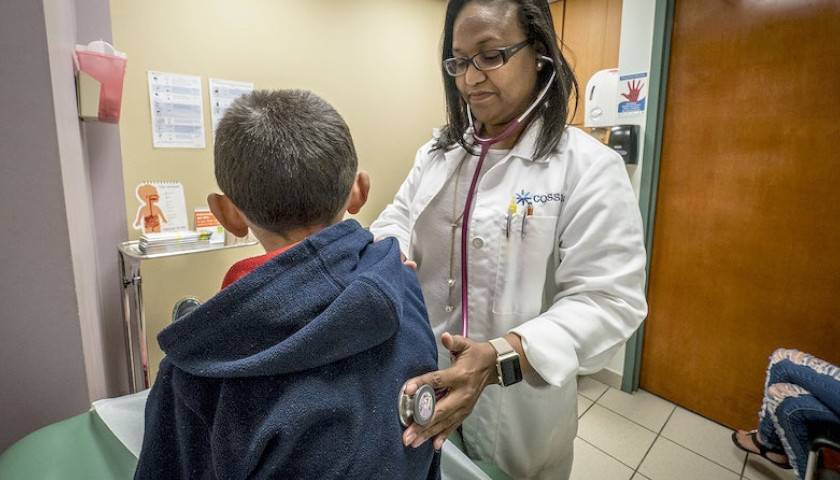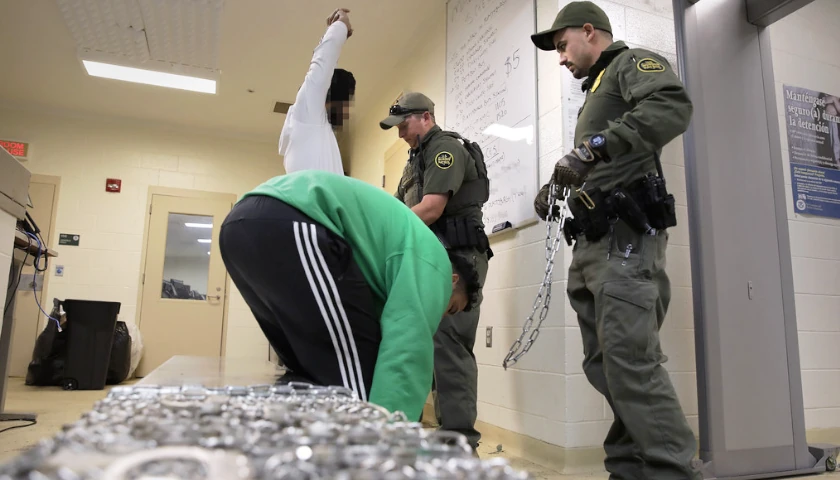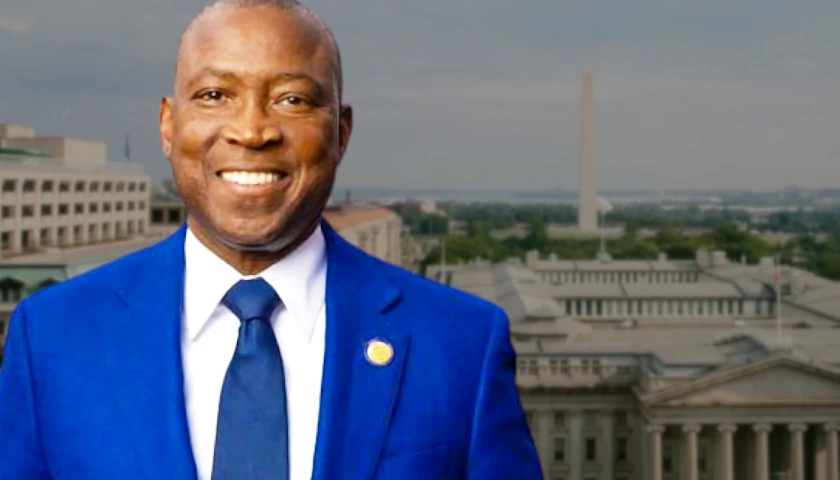The American College of Pediatricians (ACPeds) stated Thursday in a press release it opposes the decision by the American Academy of Pediatrics (AAP) to reaffirm transgender medical interventions for children and teens, but supports AAP’s claim it will be reviewing the latest evidence pertaining to the highly controversial treatments.
Last week, AAP reaffirmed its support for providing children and teens with transgender hormones and surgeries – called “gender-affirming care” by the transgender medical industry – while it simultaneously announced it would review medical research on the life-altering treatments.
In response to AAP’s decision to reaffirm its 2018 policy statement while it reviews the evidence for such treatments, ACPeds states:
ACPeds is disappointed that the AAP has reaffirmed its support for transgender interventions on minors. However, we are encouraged that the AAP is open to re-evaluating its position. There is lack of any significant clinical evidence and a lack of long-term positive outcomes for children treated with puberty blocking drugs, sex hormones, and transgender interventions. Additionally, it is a known fact that gender dysphoria resolves in most minors who are allowed to go through puberty. We reaffirm our position that these interventions are scientifically unproven and amount to child abuse. The AAP must take into account the mounting scientific evidence against transgender interventions on minors which has led some countries, including the U.K., Finland, and Sweden to pull back their support for such interventions.
“There is no scientifically robust evidence to support transgender interventions on minors,” ACPeds asserts. “Existing evidence reveals harms, not benefits of such interventions.”
The pediatricians’ organization refers readers of its statement to its web pages titled Transgender Interventions Harm Children and The Teenage Brain: Under Construction.
“There is not a single long-term study to demonstrate the safety or efficacy of puberty blockers, cross-sex hormones and surgeries for transgender-believing youth,” ACPeds noted in its resource regarding how transgender medical interventions are harmful to children. “This means that youth transition is experimental, and therefore, parents cannot provide informed consent, nor can minors provide assent for these interventions. Moreover, the best long-term evidence we have among adults shows that medical intervention fails to reduce suicide.”
AAP’s original 2018 policy affirming medical interventions for children and teens with gender dysphoria appears grounded in social justice theory.
“In its dedication to the health of all children, the American Academy of Pediatrics (AAP) strives to improve health care access and eliminate disparities for children and teenagers who identify as lesbian, gay, bisexual, transgender, or questioning (LGBTQ) of their sexual or gender identity,” AAP stated in its introduction to the policy. “Despite some advances in public awareness and legal protections, youth who identify as LGBTQ continue to face disparities that stem from multiple sources, including inequitable laws and policies, societal discrimination, and a lack of access to quality health care, including mental health care.”
“The board has confidence that the existing evidence is such that the current policy is appropriate,” AAP Chief Executive Mark Del Monte told The New York Times. “At the same time, the board recognized that additional detail would be helpful here.”
The United States, nevertheless, is behind European nations such as the UK, Sweden, Norway, Belgium, France, and Switzerland, all of which have moved to a far more cautious approach in recommending transgender medical treatments for children and teens – even to the extent of establishing psychotherapy as the primary treatment for gender dysphoria.
Regarding the reassessment in these other countries, Del Monte told The Times, “They engaged in their process, we’re engaging in our process.”
Dr. Stanley Goldfarb, chairman of Do No Harm, an organization of physicians and others concerned about the politicization of healthcare, said in response to AAP’s announcement that “by reaffirming its support of so-called gender-affirming care for minors, the American Academy of Pediatrics continues to condone the harm of children who deserve so much more.”
Nevertheless, Goldfarb added he is “glad to see them acknowledge the reality that current scientific evidence raises serious doubt about the safety and efficacy of pediatric gender medicine by commissioning a systematic review of current medical research.”
– – –
Susan Berry, PhD is national education editor at The Star News Network. Email tips to [email protected]




